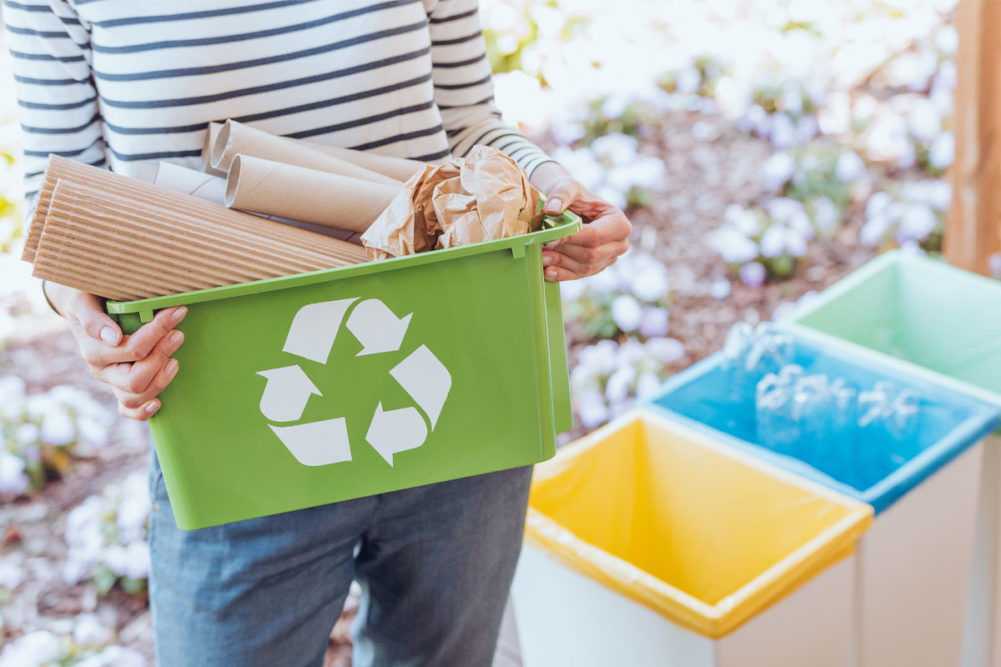 KANSAS CITY — Recycling is a key component of most food and beverage companies’ sustainability programs and environmental commitments. Within a business’ supply chain exist numerous opportunities to recycle and reuse materials. For many companies, though, a more significant opportunity lies in the recycling of finished product packaging, but a disconnect exists between manufacturers, the municipalities that manage such programs and consumers.
KANSAS CITY — Recycling is a key component of most food and beverage companies’ sustainability programs and environmental commitments. Within a business’ supply chain exist numerous opportunities to recycle and reuse materials. For many companies, though, a more significant opportunity lies in the recycling of finished product packaging, but a disconnect exists between manufacturers, the municipalities that manage such programs and consumers.
The Consumer Brands Association (CBA) is taking steps to reduce the friction points within the recycling process to achieve higher rates of recycling across the country. But the group is challenged by numerous hurdles to the establishment of consistent standards and programs nationwide.
After identifying that 71% of Americans report being confused by the nearly 10,000 local recycling programs within the United States, each with its own set of guidelines on what may be recycled and how, the CBA has begun collaborating with the Recycling Partnership, a group formed by The Aluminum Association to promote curbside recycling, to provide localized, up-to-date recycling instructions directly to consumers’ phones.
The effort combines the CBA’s SmartLabel program, a digital platform that uses quick-response (QR) codes on product packaging to display ingredients, nutritional information and other product details, with the Partnership’s database of package-specific recycling information.
In addition to its consumer-focused efforts, the association and its CPG members also continue to address sustainability from the manufacturing side with investments in local recycling initiatives, such as Extended Producer Responsibility (EPR) programs. The policies place financial and/or operational responsibilities for the end-of-life of products onto producers, often taking the shape of funding costs for collection, sorting and processing, along with improvements to recycling infrastructure. The programs have been enacted through legislation in 4 states, including Maine, Oregon, Colorado and California, and 11 others have proposed similar bills.
But the CBA has much bigger plans. The trade group is seeking to upgrade the nation’s recycling programs through a series of initiatives. The first seeks to develop a common system that creates national standards that are uniform and scalable, and will provide clarity to all stakeholders.
Even more daunting is the need to identify the best ways to finance such a system. The CBA notes, “standardization opens financing opportunities that make the recycling system the United States needs for the long term a real possibility.
“It is critical that all generated funds be dedicated exclusively to improving the recycling system, enhancing recycling infrastructure or educating consumers.”
Finally, it’s not enough to just improve recycling rates. Strong markets also will be needed to take recycled materials and use them. The final step of the CBA’s plan is to work with the federal and state governments to incentivize the creation of such markets and opportunities.
Most food and beverage manufacturers and suppliers have done excellent work in creating and operating production- and processing-specific sustainability programs. Now this industry, in conjunction with other CPG categories, must take the next step in advocating for and leading the development of a standardized national recycling program that engages consumers and creates a system that is sorely needed.





